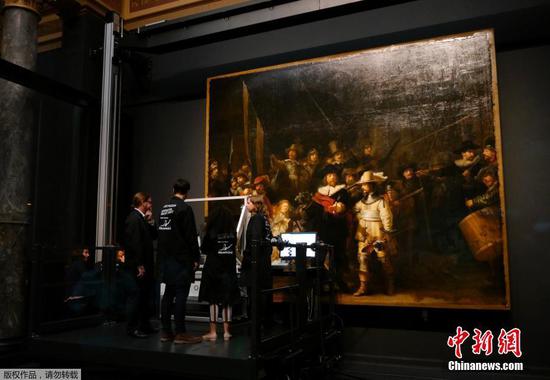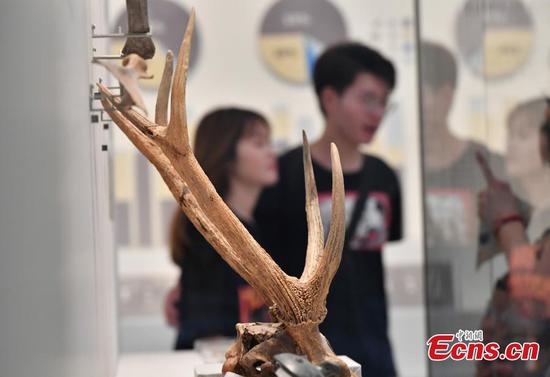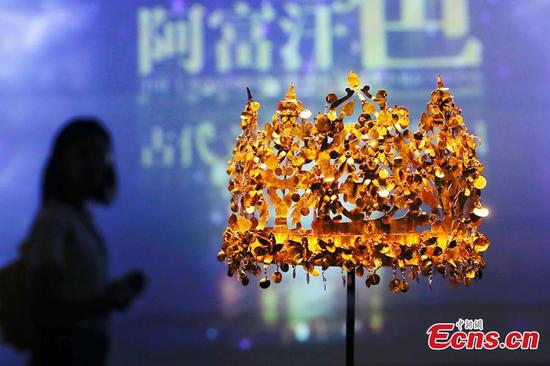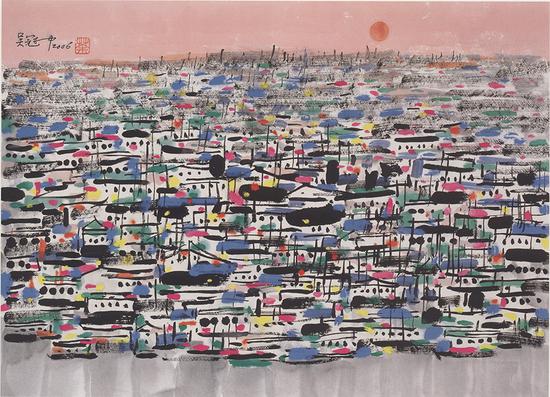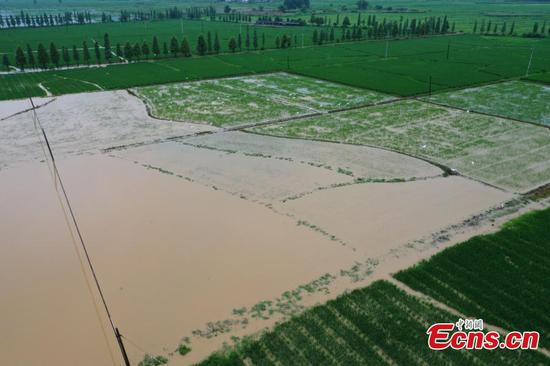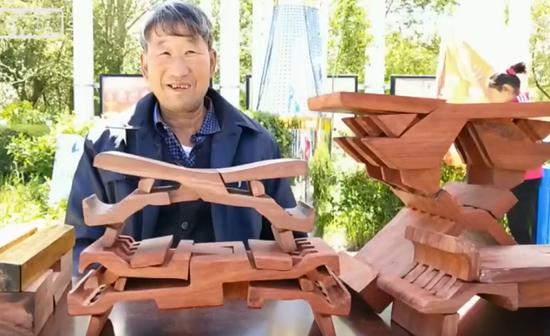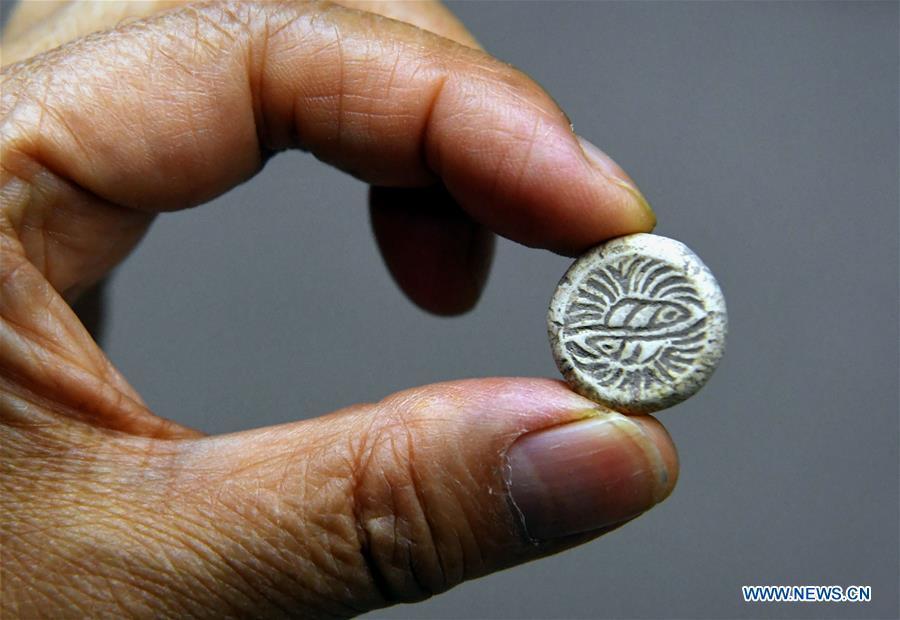
Wang Tongling shows a Go piece at the Go Museum in Luoyang, central China's Henan Province, May 14, 2019. Wang Tongling displays more than 30,000 exhibits related to Go (Weiqi), showcasing historical development of the Chinese board game in her private Go museum. Go is an abstract two-player strategy board game, in which players compete to surround more territory than their opponent. With a history of about 4,000 years, it was regarded as one of the most refined skills that an ancient Chinese intellectual could have. (Xinhua/Li An)
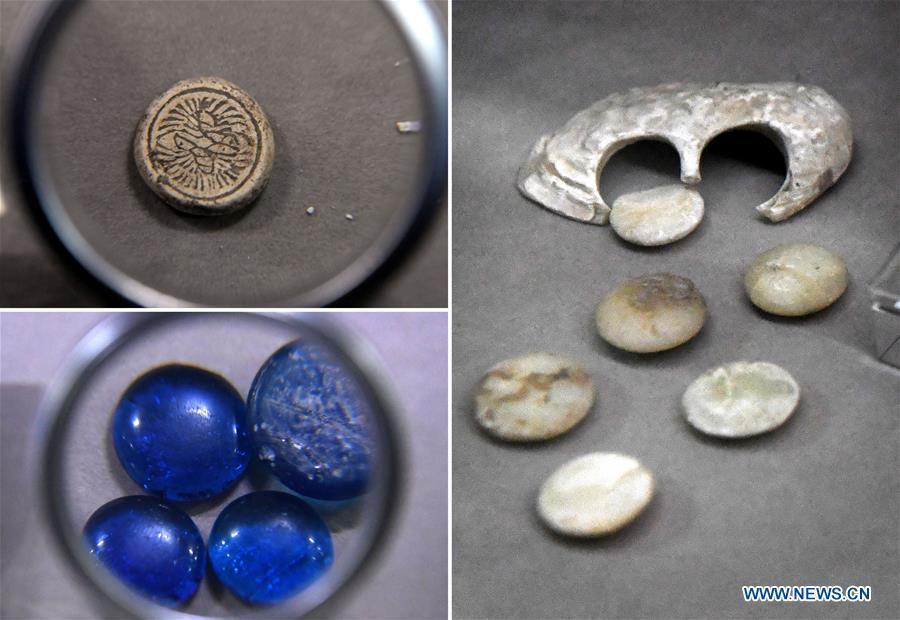
Combo photo shows Go pieces displayed at the Go Museum in Luoyang, central China's Henan Province, May 14, 2019. Wang Tongling displays more than 30,000 exhibits related to Go (Weiqi), showcasing historical development of the Chinese board game in her private Go museum. Go is an abstract two-player strategy board game, in which players compete to surround more territory than their opponent. With a history of about 4,000 years, it was regarded as one of the most refined skills that an ancient Chinese intellectual could have. (Xinhua/Li An)
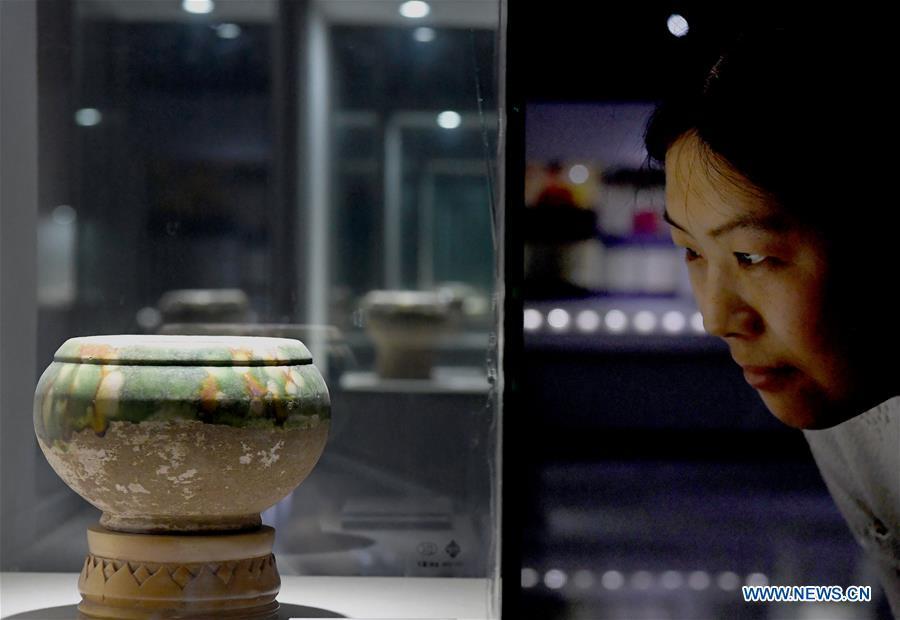
A visitor views a Go bowl displayed at the Go Museum in Luoyang, central China's Henan Province, May 14, 2019. Wang Tongling displays more than 30,000 exhibits related to Go (Weiqi), showcasing historical development of the Chinese board game in her private Go museum. Go is an abstract two-player strategy board game, in which players compete to surround more territory than their opponent. With a history of about 4,000 years, it was regarded as one of the most refined skills that an ancient Chinese intellectual could have. (Xinhua/Li An)
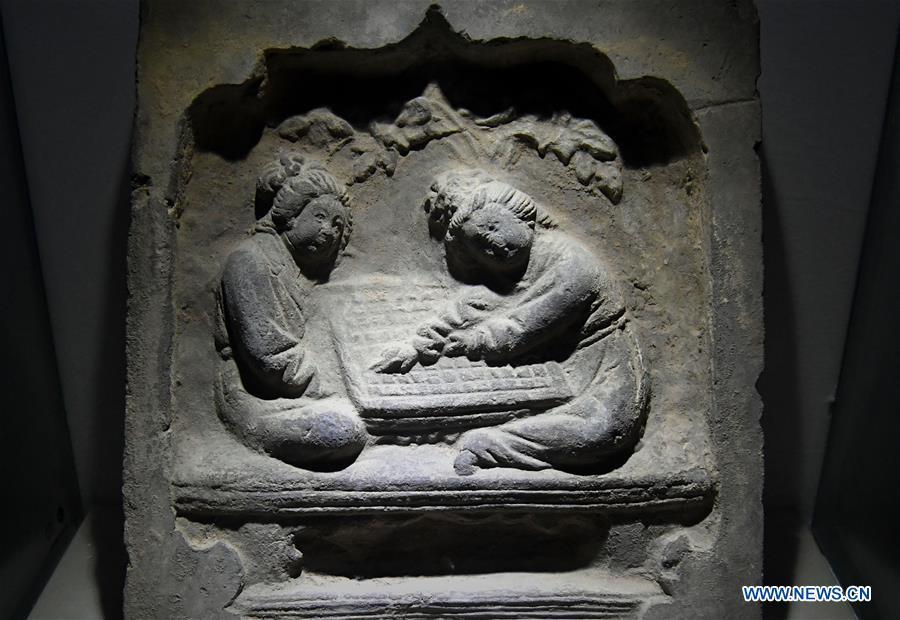
Photo taken on May 14, 2019 shows a brick imaging people play Go game at the Go Museum in Luoyang, central China's Henan Province. Wang Tongling displays more than 30,000 exhibits related to Go (Weiqi), showcasing historical development of the Chinese board game in her private Go museum. Go is an abstract two-player strategy board game, in which players compete to surround more territory than their opponent. With a history of about 4,000 years, it was regarded as one of the most refined skills that an ancient Chinese intellectual could have. (Xinhua/Li An)
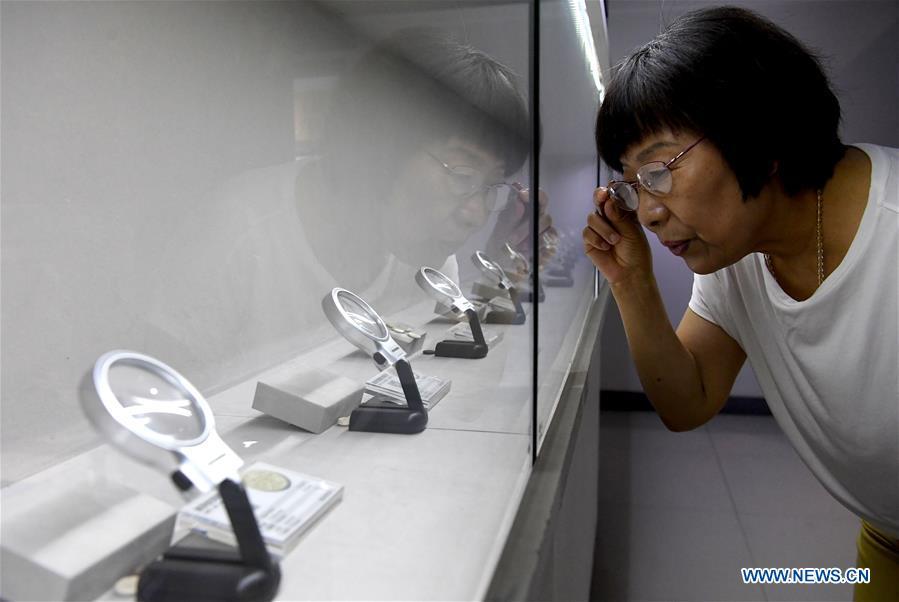
Wang Tongling views the exhibits displayed at the Go Museum in Luoyang, central China's Henan Province, May 14, 2019. Wang Tongling displays more than 30,000 exhibits related to Go (Weiqi), showcasing historical development of the Chinese board game in her private Go museum. Go is an abstract two-player strategy board game, in which players compete to surround more territory than their opponent. With a history of about 4,000 years, it was regarded as one of the most refined skills that an ancient Chinese intellectual could have. (Xinhua/Li An)
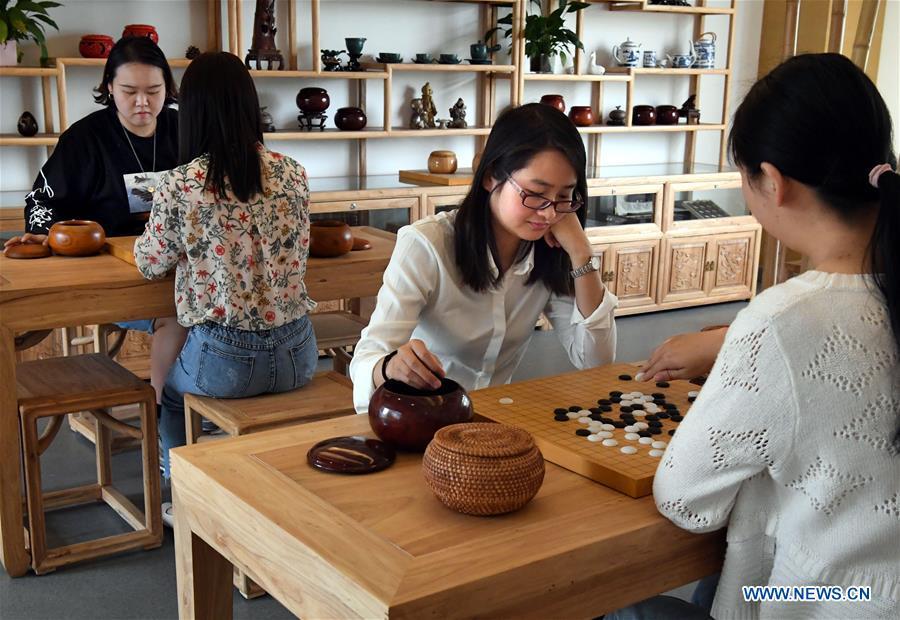
People play Go game at the Go Museum in Luoyang, central China's Henan Province, May 14, 2019. Wang Tongling displays more than 30,000 exhibits related to Go (Weiqi), showcasing historical development of the Chinese board game in her private Go museum. Go is an abstract two-player strategy board game, in which players compete to surround more territory than their opponent. With a history of about 4,000 years, it was regarded as one of the most refined skills that an ancient Chinese intellectual could have. (Xinhua/Li An)
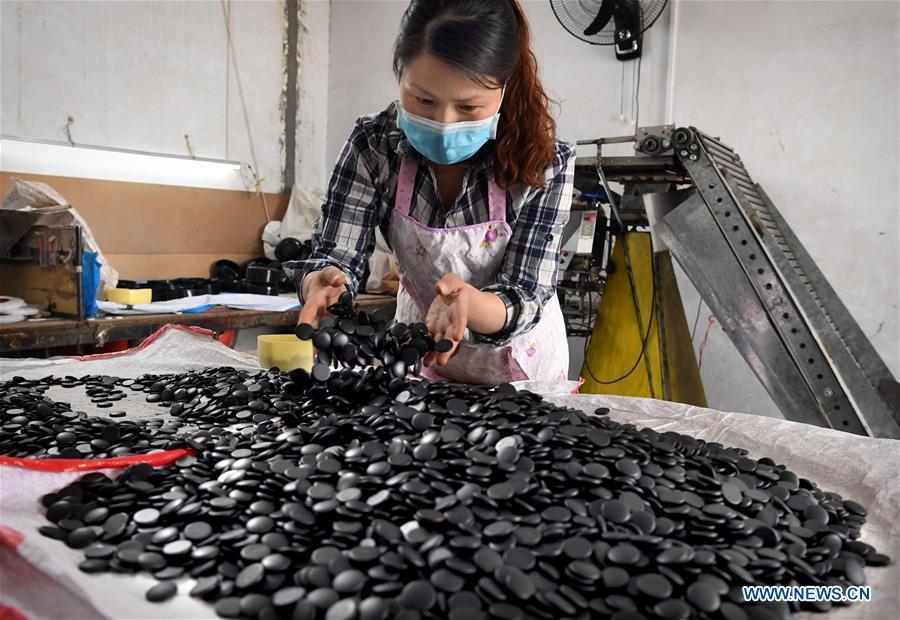
A staff member selects black pieces of Go (Weiqi) at Shuangyuan weiqi company in central China's Henan Province, May 14, 2019. Wang Tongling displays more than 30,000 exhibits related to Go (Weiqi), showcasing historical development of the Chinese board game in her private Go museum. Go is an abstract two-player strategy board game, in which players compete to surround more territory than their opponent. With a history of about 4,000 years, it was regarded as one of the most refined skills that an ancient Chinese intellectual could have. (Xinhua/Li An)
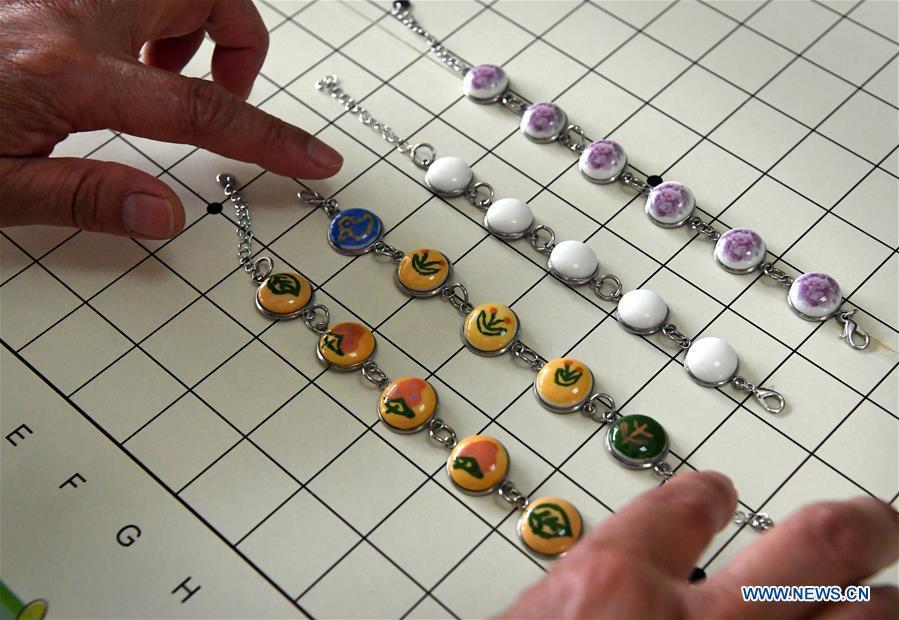
Photo taken on May 14, 2019 shows Go-related products at the Go Museum in Luoyang, central China's Henan Province. Wang Tongling displays more than 30,000 exhibits related to Go (Weiqi), showcasing historical development of the Chinese board game in her private Go museum. Go is an abstract two-player strategy board game, in which players compete to surround more territory than their opponent. With a history of about 4,000 years, it was regarded as one of the most refined skills that an ancient Chinese intellectual could have. (Xinhua/Li An)
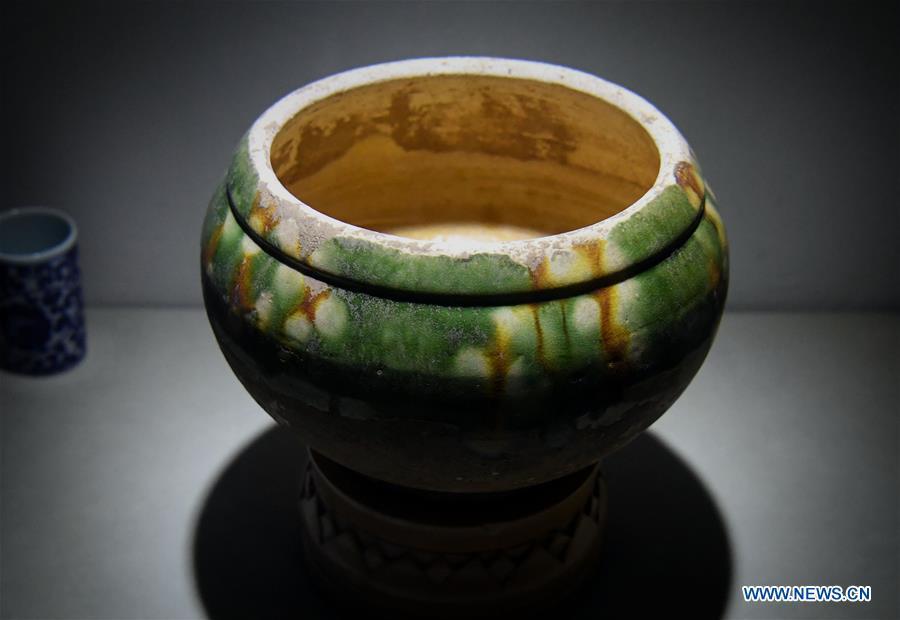
Photo taken on May 14, 2019 shows a Go bowl displayed at the Go Museum in Luoyang, central China's Henan Province. Wang Tongling displays more than 30,000 exhibits related to Go (Weiqi), showcasing historical development of the Chinese board game in her private Go museum. Go is an abstract two-player strategy board game, in which players compete to surround more territory than their opponent. With a history of about 4,000 years, it was regarded as one of the most refined skills that an ancient Chinese intellectual could have. (Xinhua/Li An)
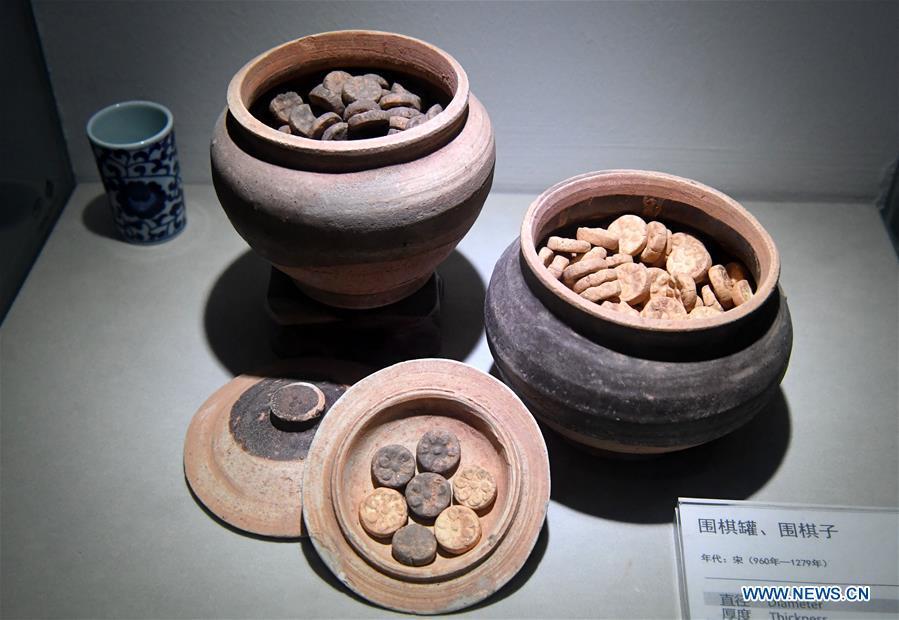
Photo taken on May 14, 2019 shows Go pieces and bowls displayed at the Go Museum in Luoyang, central China's Henan Province. Wang Tongling displays more than 30,000 exhibits related to Go (Weiqi), showcasing historical development of the Chinese board game in her private Go museum. Go is an abstract two-player strategy board game, in which players compete to surround more territory than their opponent. With a history of about 4,000 years, it was regarded as one of the most refined skills that an ancient Chinese intellectual could have. (Xinhua/Li An)

